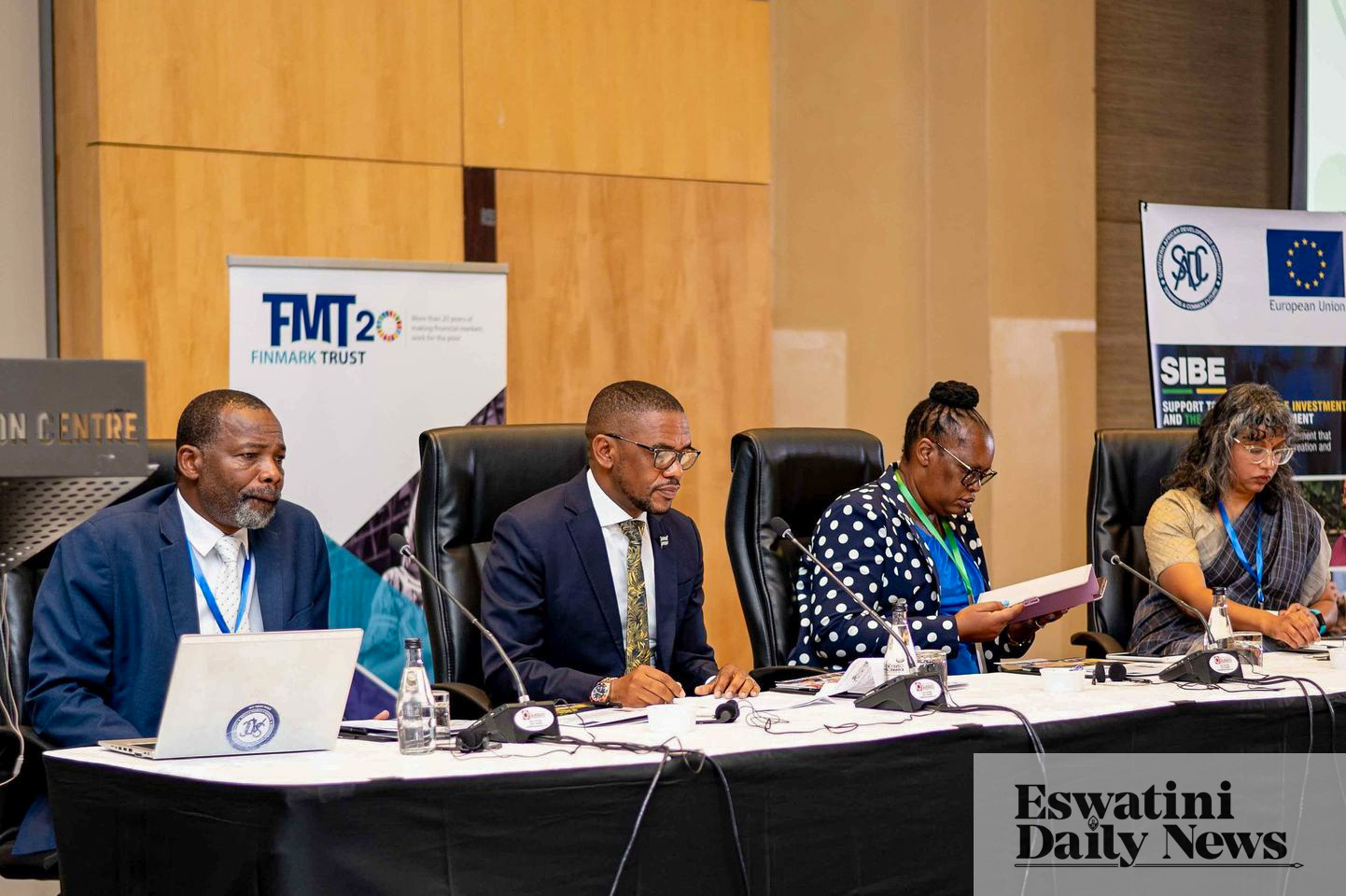By Ntombi Mhlongo
Financial inclusion has been cited as one component that is key in the SADC Region as it plays a significant role in improving people’s livelihoods.
This is because most countries in the region have their informal sectors relying heavily on remittances, savings groups, and credit associations, and plays a significant role in improving livelihoods, contributing to sustainable economic growth, promoting stability, and can support industrialisation.
This was the key message at the opening of the Annual Financial Inclusion Forum held in Johannesburg, South Africa.
According to the SADC website, the organisation’s Secretariat, through the European Union-funded Support to Improving the Investment and Business Environment in the SADC Region (SIBE) Programme, in conjunction with its partners FinMark Trust, United Nations Capital Development Fund (UNCDF), and the SADC Banking Association, convened the Forum to discuss, among others, the proposed new five-year SADC Strategy on Financial Inclusion and Small and Medium Enterprise (SME) access to finance.
Read More: Eswatini companies shine at SADC Quality Awards
The overall aim of the Forum was to collectively provide a platform to engage with the SIBE deliverables and outputs on financial inclusion; deliberate on the draft new five-year Financial Inclusion and SMEs Access to Finance Strategy for the SADC Region, in particular on the vision and objectives for financial inclusion in the Region, more specifically linked to financial inclusion for inclusive growth; and pillars and key interventions of the new strategy.
Delivering a keynote address at the gathering, Karabo Gare, the Minister of Entrepreneurship of the Republic of Botswana said achieving meaningful financial inclusion is not without its challenges as several barriers hinder access to financial services, particularly for marginalised and vulnerable populations.
These barriers include inadequate infrastructure, limited financial literacy, high transaction costs, rigid regulations, and discriminatory practices. Addressing these barriers requires a comprehensive approach involving governments, financial institutions, regulators, and civil society organisations.
Also speaking was the Director of Finance, Investments, and Customs (FIC) at SADC Secretariat, Sadwick Mtonakutha said the process of developing the new SADC Strategy on Financial Inclusion and SME access to finance covering the period 2023-2028 started in February 2023 and is being developed to overcome poverty, inequality, and unemployment, all of which have been worsened by the Covid-19 pandemic.
Read More: SADC Secretariat promotes region at AIM Global 2023 in Abu Dhabi
The new strategy focuses efforts on key development challenges and seeks to improve the livelihoods of SADC citizens. He said digitalisation is key in reducing costs of financial services and promoting rural and agricultural finance, and that consideration should be given to climate change as the region is currently developing its Strategy on Financial Inclusion and SME access to finance.
Discussions focused on the three pillars of the proposed SADC Strategy on Financial Inclusion and SME Access to Finance 2023-2028, whose goal is an inclusive SADC financial system that empowers individuals and businesses to contribute to industrialisation, inclusive growth, and sustainable economic well-being.


